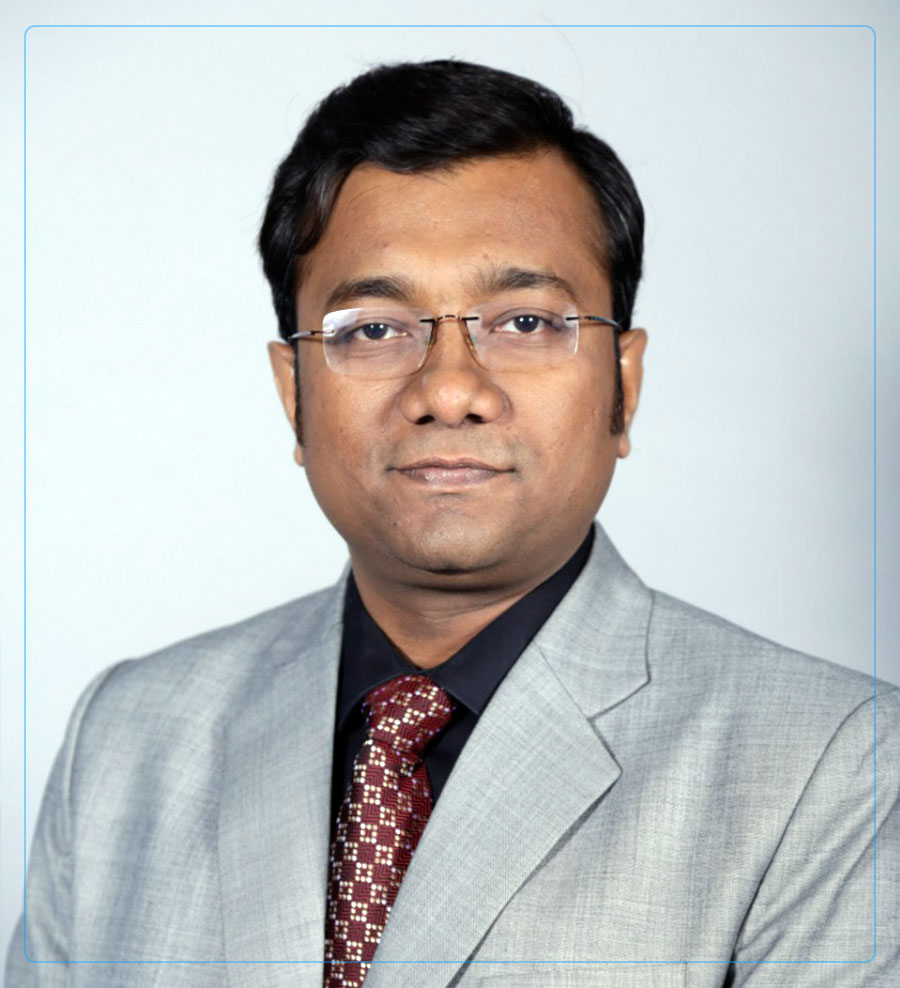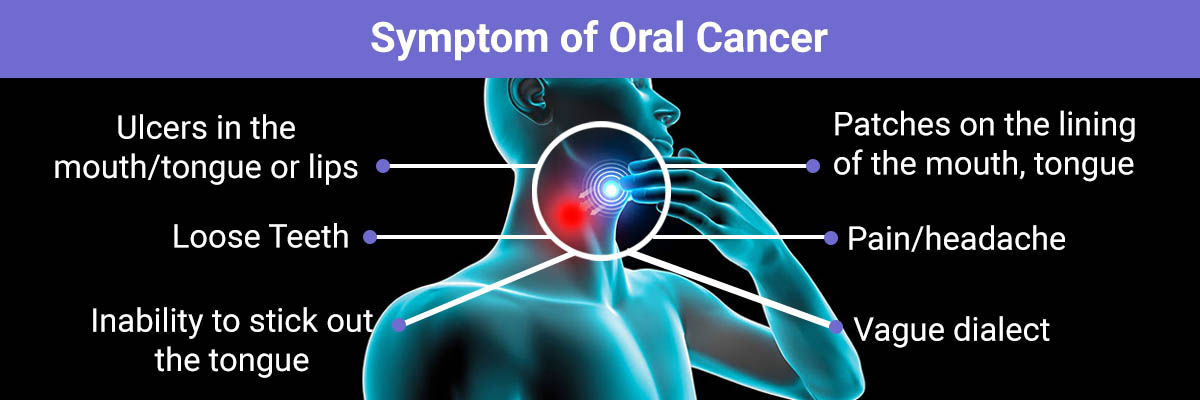MAKE AN APPOINTMENT!
ORAL CANCER
Basics of Oral Cancer
Cancer of the oral cavity and cancer of the oropharynx are 2 of the most common types of cancer that develop in the head and neck region, a grouping called head and neck cancer. It is important to identify exactly where the cancer began. This is because there can be differences in treatment between the 2 locations.
Oral and oropharyngeal cancers can often be cured, especially if the cancer is found at an early stage. Although curing the cancer is the primary goal of treatment, preserving the function of the nearby nerves, organs, and tissues is also very important.
Oral Cancer treatment is multidisciplinary. Our Surgical Oncologist, Medical Oncologist, Radiation Oncologist, trained from Tata Memorial Cancer Hospital will evaluate you together and will find the best solution for you.
You Have Reasons to Choose Us
EXPERIENCE
More Than 20 Years of Experience

TUMOUR BOARD
Take the advantage of consulting Multiple doctor in a go

HIGHLY EXPERIENCED TEAM
Trained from Tata Memorial Cancer Hospital and different hospitals in abroad

ADVANCED TECHNIQUE
Advanced Treatment Procedure


SPECIALIST
15 Years of Experience

SUCCESS RATE
>99% Rate of success

INSURANCE
We Accept All Types of Insurance

SWASTHYA SATHI
We Accept Swasthya Sathi Card
What Our Patients Say

Head of the Department, Surgical Oncology, NSCB Cancer Hospital
MBBS (Hons,Gold Medalist), MS (Gold Medalist), FRCS(Glasgow),
MRCS(Edinburgh & Glasgow), FACS(USA), FMAS, FIAGES
UICC Fellow: Surgical Oncology, Tata Memorial Hospital, Mumbai
IACA Fellow: Robotic Cancer Surgery, COH Hospital, LA, USA
About Dr. Soumen Das
Cancer Surgeon in Kolkata
When it comes to cancer treatment and Surgery, Dr. Soumen Das is a reliable name not just in Kolkata but also throughout the country. As a surgical oncologist with years of experience in successfully performing thousands of complicated cancer surgeries, he is the pioneer of HIPEC and PIPAC procedures in eastern India. He has over fifty scientific publications in reputed journals. He is regarded as a researcher, teacher in the field of breast surgery, surgical oncology.
He has an outstanding academic record. In the year 2006, he received his MBBS from the prestigious Medical College in Kolkata, where he was the University topper in Surgery. He earned his master’s degree in surgery (MS-Surgery) from the same institution where he received the prestigious BEST RESIDENT SURGEON AWARD. During this time, he was also honoured by the Association of Surgeons India with the UMA RANI SAHA GOLD MEDAL award.
Following his MS, he went to Mumbai’s TATA MEMORIAL HOSPITAL to complete a super speciality fellowship (FUICC) in Surgical Oncology.
He took Robotic Cancer Surgery, training from CITY OF HOPE HOSPITAL, LOS ANGELES, CALIFORNIA.
The American College of Surgeons awarded him the prestigious FACS. The Royal College of Physicians and Surgeons of Glasgow and the Royal College of Surgeons of Edinburgh awarded him the degrees of FRCS and MRCS respectively.
He holds a membership of some of the most prestigious associations in India, including the American College of Surgeons, Association of Surgeons of India, Indian Association of Surgical Oncology, and Association of Breast Surgeons of India.

Treatment Options
Surgery :
Surgery is the removal of the tumor and some surrounding healthy tissue, known as a margin, during an operation. An important goal of the surgery is the complete removal of the tumor with “negative margins.” Negative margins mean that there is no trace of cancer in the margin’s healthy tissue. Surgeons are often able to tell in the operating room if all of the tumor has been removed.
The most common surgical procedures for the removal of oral or oropharyngeal cancer include:
—>> Primary tumor surgery
—>> Glossectomy
—>> Mandibulectomy
—>> Maxillectomy
—>> Neck dissection
—>> Laryngectomy
—>> Transoral robotic surgery and transoral laser microsurgery
—>> Micrographic surgery
—>> Tracheostomy
—>> Gastrostomy tube
—>> Reconstruction
Radiation Therapy:
Radiation therapy is the use of high-energy x-rays or other particles to destroy cancer cells. A radiation therapy regimen, or schedule, usually consists of a specific number of treatments given over a set period of time.
Radiation therapy may be the main treatment for oral cavity cancer, or it can be used after surgery to destroy small areas of cancer that could not be removed. Radiation therapy can also be used to treat the lymph nodes. Combining radiation therapy with cisplatin (a chemotherapy drug; see below) may be used for this purpose in some cases. This approach is called chemoradiation.
Therapies Using Medication:
Treatments using medication are used to destroy cancer cells. Medication may be given through the bloodstream to reach cancer cells throughout the body. When a drug is given this way, it is called systemic therapy. Medication may also be given locally, which is when the medication is applied directly to the cancer or kept in a single part of the body.
This type of medication is generally prescribed by a medical oncologist, a doctor who specializes in treating cancer with medication. Medications are often given through an intravenous (IV) tube placed into a vein using a needle or as a pill or capsule that is swallowed (orally). If you are given oral medications, be sure to ask your health care team about how to safely store and handle it.
The types of medications used for oral and oropharyngeal cancer include:
—>> Chemotherapy
—>> Immunotherapy
—>> Targeted therapy

